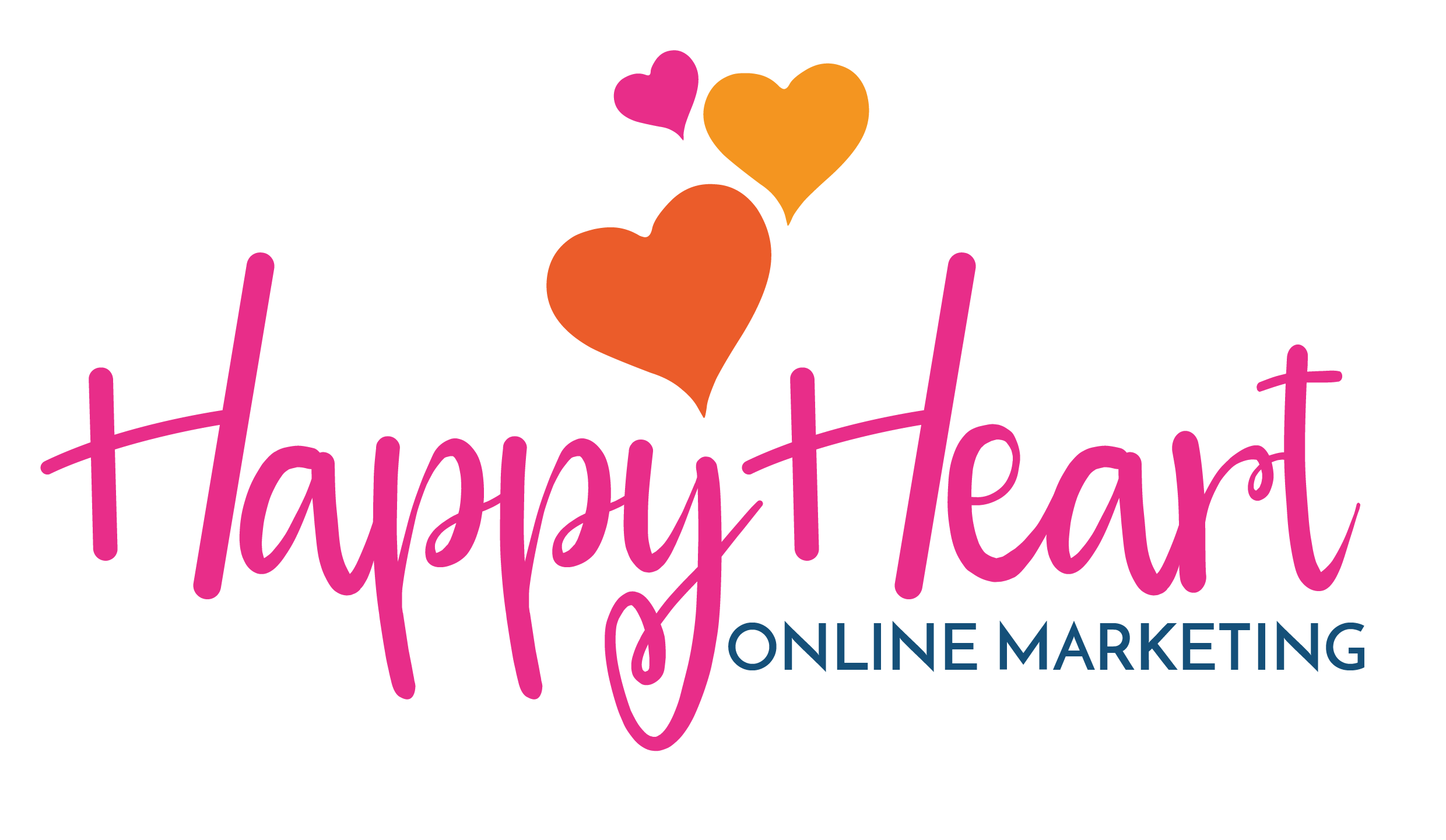We love Facebook and we love Twitter: we know the benefits they can bring to our clients’ businesses and we encourage regular attention to both as part of most online marketing strategies.
But we’re also parents, and we’re painfully aware not just of the damage an ill-timed or inappropriate tweet or post can do to a brand, but also of the devastating effects inappropriate content can have on an individual reputation, particularly when it comes to young people.
Kids are, of course, naturally curious; they are impulsive, impressionable and can lack good judgement. Becoming an adult is a path strewn with mistakes, errors of judgement and embarrassing episodes. Thankfully, as WE grew up, (way before the days of social media!) our indiscretions were witnessed only by a small circle: family, friends, teachers – and, sooner or later, forgotten about. But with millions of young people on Twitter and 88% of UK 13-16 year olds and, (worryingly) 43% of 9-12 year olds using Facebook, today’s young people are free to publicise and share personal thoughts and experiences indiscriminately. And when something is posted online, whether it’s an image or a comment, it has the potential to be seen by millions AND it stays in cyberspace forever.
With employers and educational establishments checking out applicants’ online activities as part of their recruitment processes, young people could be seriously damaging their future without even a second thought until it’s too late.
Last year, 17 year old Paris Brown made front page news when she was forced to quit her role as Britain’s first ever youth crime commissioner just a week after being appointed to the high-profile job. The reason? Revelations of racist and homophobic messages on her personal Twitter account, which also included boasts about her sex life, violence, drinking binges and drugs. The comments had been made six months prior to her appointment.
In her public apology, she claimed that she was not racist or homophobic.
“I have fallen into the trap of behaving with bravado on social networking sites” she said “I hope this may stand as a learning experience for many other young people.”
This may be an extreme example but it clearly shows the dangers: it might seem funny to young people to show off on Facebook, to exaggerate, to make fun of others. It may be tempting to make ill-advised comments or post inappropriate videos or pictures to generate “likes” or retweets, but there is a very real chance that this content will come back to haunt them in the future, because it never goes away.
If they could imagine their tweets and posts being painted onto a huge billboard, visible to all (including grandma, teachers, and future employers), perhaps kids would stop and think before clicking ‘post’ or ‘tweet’. Ultimately, social networking may seem like a laugh…light-hearted messing around with friends where “anything goes”, but the reality of a digital blueprint that stays around for ever is anything but funny.
As individuals, we are branding ourselves with every tweet and post. We must ensure that our children are aware of this and help them to make sensible decisions, to be mindful of every comment and photo they publish online.
As responsible parents, we advise our digital-age kids as much as we can, warning them of the dangers of connecting with strangers on the internet, discussing the nature and ramifications of cyber-bullying and putting controls in place to minimise risks. But it’s time to really think about what our kids are posting. It’s time to talk to them about their “branding”, their “billboard”, their future. After all, growing up can be hard to do, but it can be a lot harder if you’re haunted by a damaging online history.




